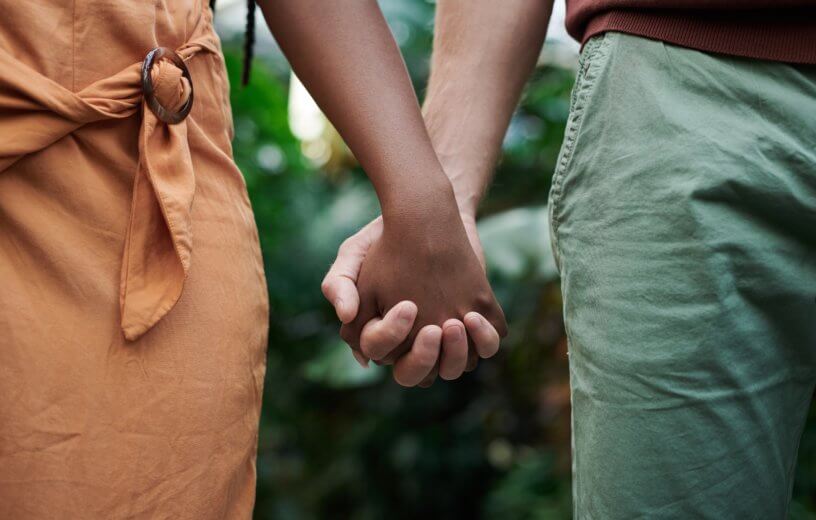VICTORIA, British Columbia — Do your friends laugh at you when you tell them you and someone you’re close with are “just friends”? A new study finds you may want to take a hint because romance is likely in the air. Forget love at first sight, researchers in Canada find two-thirds of couples actually start out as friends.
Despite the Hollywood fantasy that people go from strangers to lovers by the time the credits roll, a team from the University of Victoria reveals 68 percent of romantic relationships begin as friendships. That number is even higher among people in their 20s and in the LGBTQ+ community – at a massive 85 percent.
Do strangers really fall in love, or is it just a myth?
Dr. Danu Anthony Stinson, a psychology professor at the University of Victoria, hopes her findings will challenge preconceived notions about love and friendship.
“Our research suggests that the lines between friendship and romance are blurry, and I think that forces us to rethink our assumptions about what makes a good friendship but also what makes a good romantic relationship,” the lead researcher says in a statement to SWNS.
She adds that, until now, most research on the topic has focused on how romance sparks between strangers, but very little work has been done on how love grows over time. In fact, 75 percent of studies have examined the phenomenon of love at first sight, while only eight percent of studies investigate love growing between friends.
“There are a lot of people who would feel very confident saying that we know why and how people choose partners and become a couple and fall in love, but our research suggests that is not the case,” Dr. Stinson tells SWNS. “We might have a good understanding of how strangers become attracted to each other and start dating, but that’s simply not how most relationships begin.”
Most people prefer to be ‘just friends’ first
The team analyzed data from nearly 1,900 university students and adults during this project. They discovered little variation in the results across gender, level of education, or ethnic groups.
Among university students, “friends-first initiators” were friends for one or two years before beginning a romantic relationship. Researchers note that the vast majority of these participants reported that they did not enter their friendships with romantic intentions or attraction. Stinson also notes that the average length of pre-romance friendships plays a role in revealing how genuine and platonic these friendships were before becoming romantic.
Nearly half of the students say starting as friends is their preferred way of developing a romantic relationship; making it far and away more popular than other options, such as meeting at a party or online.
Dr. Stinson explains that people are often taught that romance and friendship are totally different types of relationships that form in different ways and meet distinct needs. The new findings, however, suggest people really can have their cake and eat it too.
The findings appear in the journal Social Psychological and Personality Science.
SWNS writer William Janes contributed to this report.
